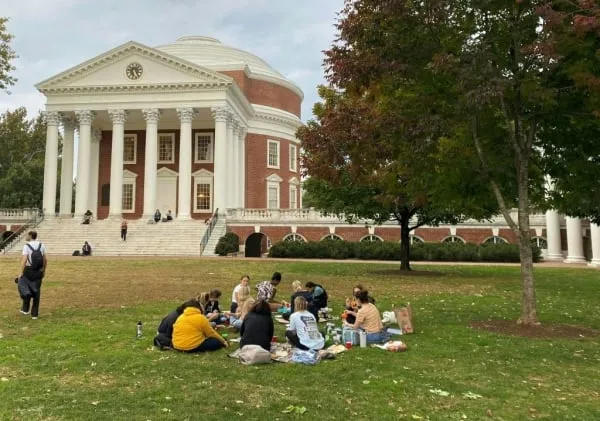One of the great ironies and great frustrations of my career teaching first-year college writing was having students enter our class armed with a whole host of writing strategies which they had been explicitly told they needed to know “for college,” and yet those strategies—primarily the following of prescriptive templates—were entirely unsuited to the experience students were going to have over the next 15 weeks of our course (and beyond).
I explored and diagnosed these frustrations in Why They Can’t Write, and while many other writing teachers in both high school and college shared that they’d seen and been equally (or more) frustrated by the same things. In the intervening years, there’s been some progress, but frankly, not enough, primarily because the structural factors that distorted how writing is taught precollege have not been addressed.
As long as writing is primarily framed as workforce preparation to be tested through standardization and quantification, students will struggle when invited into a more nuanced conversation that requires them to mine their own thoughts and experiences of the world and put those thoughts and experiences in juxtaposition with the ideas of others. The good news, in my experience, is that once invited into this struggle, many students are enthusiastic to engage, at least once they genuinely believe that you are interested in the contours of their minds and their experiences.
This divide between the driving ethos of schools and schooling, as often seen in high school and the ideals of deep humanistic inquiry (ideally) animating postsecondary education courses, is the subject of a highly recommended piece by Anna E. Clark, who has taught at both the high school and university level, published as part of a recent special series at Public Books focused on higher education.
Clark calls for a “higher ed and secondary ed alliance” based in the values we all at least claim to share: free inquiry, self-determination and an appreciation for lives that are more than the “skills” we’re supposed to bring to our employers.
Something I can’t help but note is that the challenges college instructors are having getting students to steer clear of outsourcing their thinking to large language models would be significantly lessened if students had a greater familiarity with thinking during their secondary education years. Unfortunately, the system of indefinite future reward that has been reduced to pure transactions in exchange for grades and credentials has signaled that the outputs of the homework machine are satisfactory, so why not just give in?
When I go to campuses and schools and have the opportunity to speak to students, I try to list all kinds of reasons why they shouldn’t just give in, reasons which, in the end, boil down to the fact that being a big dumb-dumb who doesn’t know anything and can’t do anything without the aid of a predictive text-generation machine is simply an unfulfilling and unpleasant way to go through life.
In short, they will not be happy, even if they find ways to navigate their “work” with the aid of AI, because humans simply need more than this from our existences.
I can now add another reason to my list: According to a raft of business insiders cited in a recent article at Inc. it is the liberal arts degree whose value is going to rise in this age of AI.
In a world where machines can handle the technical knowledge, the only differentiator is being human.
This is not news to those of us with those degrees, like my sister-in-law, who took her liberal arts degree from Denison University all the way to a general counsel job at a Fortune 300 company, or someone else with a far humbler résumé … me.
As I wrote in 2013 in this very space, the key to my success as an adult who has had to repeatedly adapt to a changing world is my liberal arts degrees, degrees that armed me with foundational and enduring skills that have served me quite well.
But, of course, it is about more than these skills. My pursuit of these degrees also allowed me to consider what a good life should be. That knowledge has put me in a position where—knock wood—I wake up just about every morning looking forward to what I have to do that day.
This is true even as the things I most care about—education, reading/writing, uh … democracy—appear to be inexorably crumbling around me. Perhaps this is because my knowledge of the value of humanistic study as something more than a route to a good job makes me more willing to fight for its continuation.
Sometimes when I encounter some hand-wringing about the inevitability of AI and the uncertainty of the future, I want to remind the fretful that we actually have a very sound idea of what we should be emphasizing, the same stuff we always should have been emphasizing—teaching, learning, living, being human.
We have clear notions of what this looks like. The main question now is if we have the collective will to move toward that future, or if we will give in to something much darker, much less satisfying and much less human.


